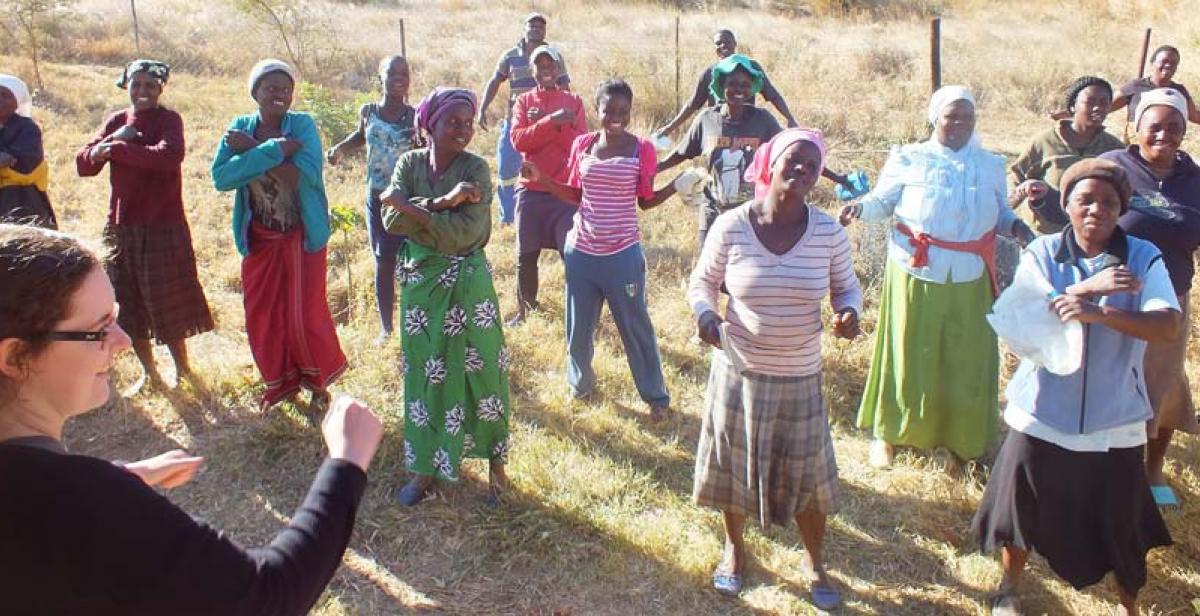Having grown up, studied, lived and worked in the UK, Ireland and the US, I have always been aware of the debates about equal pay and representation in professions for women. However, arriving in Zimbabwe I quickly discovered that gender equality is a whole different ball game. From orientation when we were told that female volunteers staying in host families are likely to have earlier curfew times and more chores to do, to conversations with ICS national volunteers who expressed the view that women who are subject to domestic violence may have provoked it, our minds were opened to the challenges faced by women in Zimbabwe today.
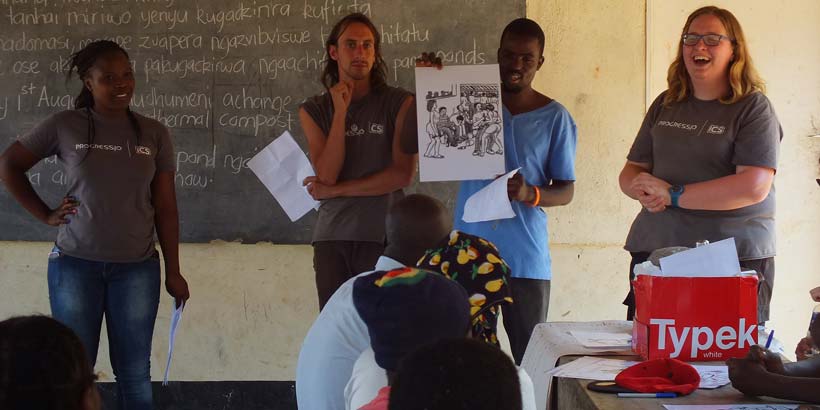
In the second half of our project cycle we were asked to deliver some training sessions to the beneficiaries at Kentucky Farm on gender equality. In carrying out our research we visited the Legal Resource Foundation in Mutare and discovered some challenges for gender equality in Zimbabwe. Since independence in 1980 there have been efforts to redress the balance and promote gender equality, mainly through the enactment of laws. Before the passing of the Legal Age of Majority Act in 1982, a woman did not have access to land and other resources in her own right, she could not be a guardian to her children or inherit. In fact, it wasn’t until the Law of Inheritance was amended in November 1997 that women could inherit along with or instead of a male heir.
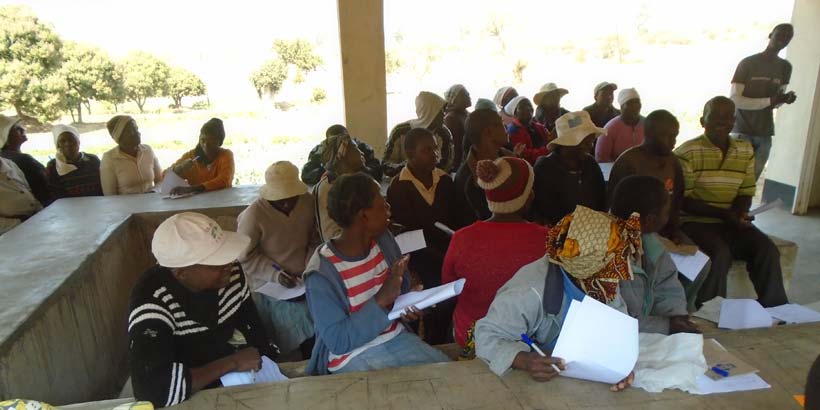
In Zimbabwe, women are over-represented in the informal sector of the economy and low wage jobs in the formal sector, but under-represented in higher management positions in the public and private sectors. In Parliament in Zimbabwe, women now make up 18 per cent of the 150 Members of Parliament. In order to redress the balance, Zimbabwe has introduced some quota systems and systems of positive discrimination, for example accepting women for jobs with lower qualifications than their male counterparts. Although this can help to get women into the workplace, it can cause resentment if male colleagues think they are being overlooked in favour of less qualified colleagues.
Much as there have been some legal changes in Zimbabwe and it is now more common to see women in the workplace, working as managers and leaders, a bigger challenge lies at home. The culture in Zimbabwe is very traditional with women bearing the burden of household chores and childcare. The first time in my host home that my host mum got on her knees to wash my host father’s hands and serve him his dinner I was shocked. There is very obvious discrimination where my host sister is expected to clean up after others, while my host brother is told he is in charge when my host father is out of the house - even when he is seven years old and there are three adult women living in the house.
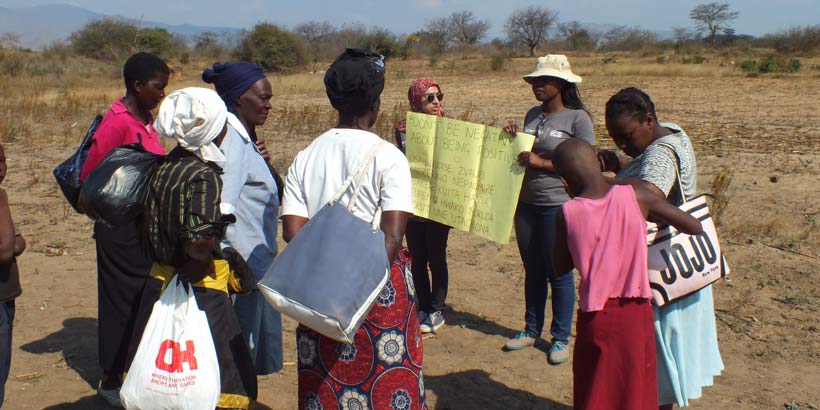
One of the most difficult things I found to understand was ‘Lobola’ or bride price. This is paid by the groom’s family to the bride’s family before a couple can marry, and is often thousands of dollars in cash, household items and other gifts. If a woman is not a virgin that amount is reduced, but if she is pregnant before marriage the groom’s family have to pay additional money in damages. Lobola means that families are more protective of daughters, who cannot go out in the evenings in case their chastity might be in question, which would result in a reduction in Lobola. Furthermore, until recently, if a couple get divorced the bride’s family have to repay Lobola, making it very difficult for a woman to leave her husband, for example if he is violent.
Gender inequality had some unexpected consequences in our team. Even though there are more female ICS national volunteers, we very rarely saw them after work for social events or on weekends away as their families won’t let them attend or they have chores to do. Female ICS UK volunteers are judged for being out later in the evenings, and have earlier curfews than their male counterparts.
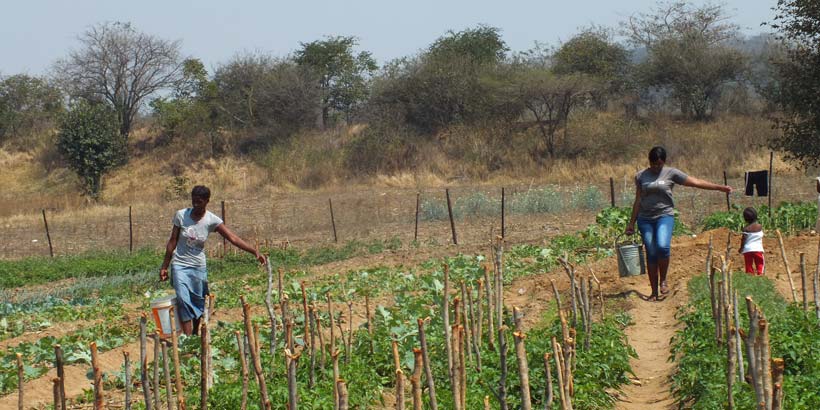
As a team, we were really keen to take on the challenge of gender inequality and run some training sessions on it at Kentucky Farm, where the majority of the beneficiaries are female. We ran two absolutely fantastic training sessions, one on gender equality and one on gender-based violence. Not only have we been able to share cross-cultural differences (one example being that women in bars in the UK are not usually assumed to be prostitutes!) but we also learnt from each other. The best part of these sessions has been the discussions where the beneficiaries, both male and female, have been able to discuss their views on gender equality and how to tackle inequality in their own communities and on gender-based violence, discussing what they can do if they or someone they know is being abused.
In our own team, we tried to make social events as accessible for everyone as possible, marking special events with team lunches and holding team bonding activities during the working day.
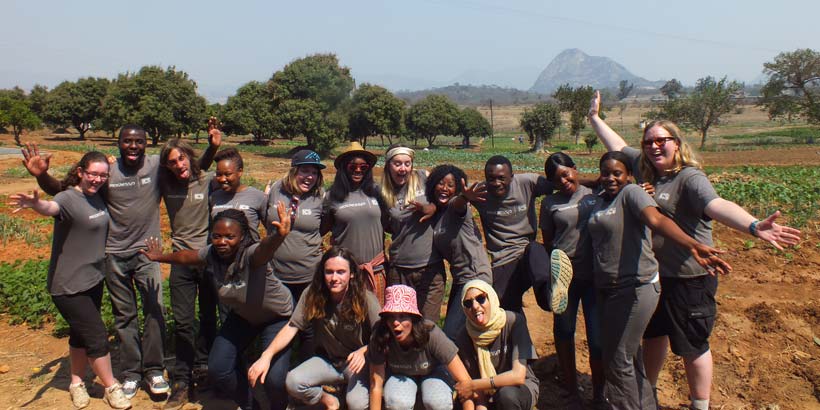
It has made us think a lot about gender issues and realise how lucky we are to have been born in the UK, a country where women are still fighting for equal pay and there is still gender imbalance in many professions, but women are in general free to choose our own paths in life.
Written by ICS Alumni Team Leader Sarah Henderson (July - September 2015 cycle) especially for the International Day for the Elimination of Violence against Women 2015


